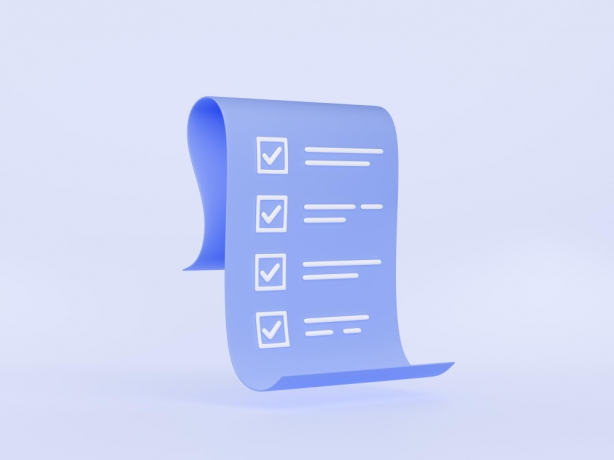Exams can be nerve wracking. Even if you believe you know everything there is to know about your subject, when it comes to taking an actual assessment, you might get caught short if you have not prepared efficiently and effectively.
Preparation is the key to success, and this piece is going to offer a guide on how you can prepare for any exams or tests coming up, so you can be confident in smashing it.
Read on to find out more!
Create a Revision Schedule
Creating a revision schedule is an easy and effective way to make sure you cover all of the material that you need to know in a reasonable time. You can have full creative control over your schedule, but mapping out how much time you have before your exam and what you need to learn in between now and then is the most crucial part.
Top Tip: Make sure your schedule is realistic. It is easy to get carried away and assume that you will be happy to do six hours of revision every day, especially if you have a week off, but even the best schedules can be easily disrupted. Not only that, but our ability to focus is limited to 45-minute periods, and rest is essential to retaining information.
Customize Your Notes and Make Them Personal
Learning and remembering information is a very personal quality. What might work for someone else might not work for you, so figuring out how you relate to information can certainly help you with retaining it. Make your learning personal. For example, you can switch out X, Y, and Z for your favorite TV characters and tell yourself a story; use color coding so you can associate different aspects of your learning with color; or create mind maps or diagrams that help you bunch information together.
Making your notes personal and customized to you can help them stick in your mind much better, which you will be grateful for when you are in the middle of an exam and need to retrieve a memory!
Look at Past Exam Papers and Questions
When studying for an exam such as the FNP board exam, it can be beneficial to find past exam papers to see what kind of questions are asked, how they are laid out, and practice answering them in the time set.
The more you practice with the content that will simulate your exam the closest, the more confident you will feel with the layout and the style of questions. That way, you can focus on what the question is asking you, rather than being overstimulated with everything “new.”
Exams can be daunting, but with the right steps in place you can make sure you are ready for whatever is thrown at you! Timed practice will give you a good idea about pacing, making your notes personal can help with recall, and don’t forget to create a schedule that works for you but that also won’t rush you!






